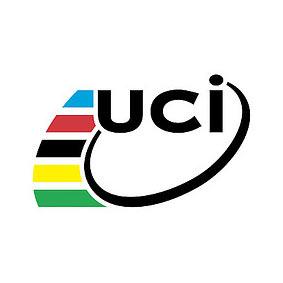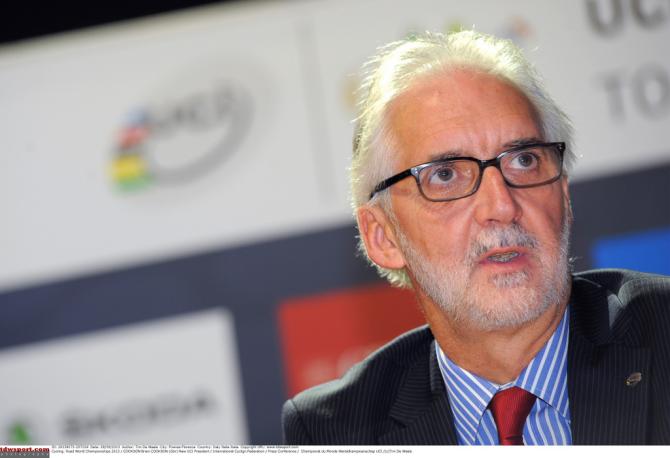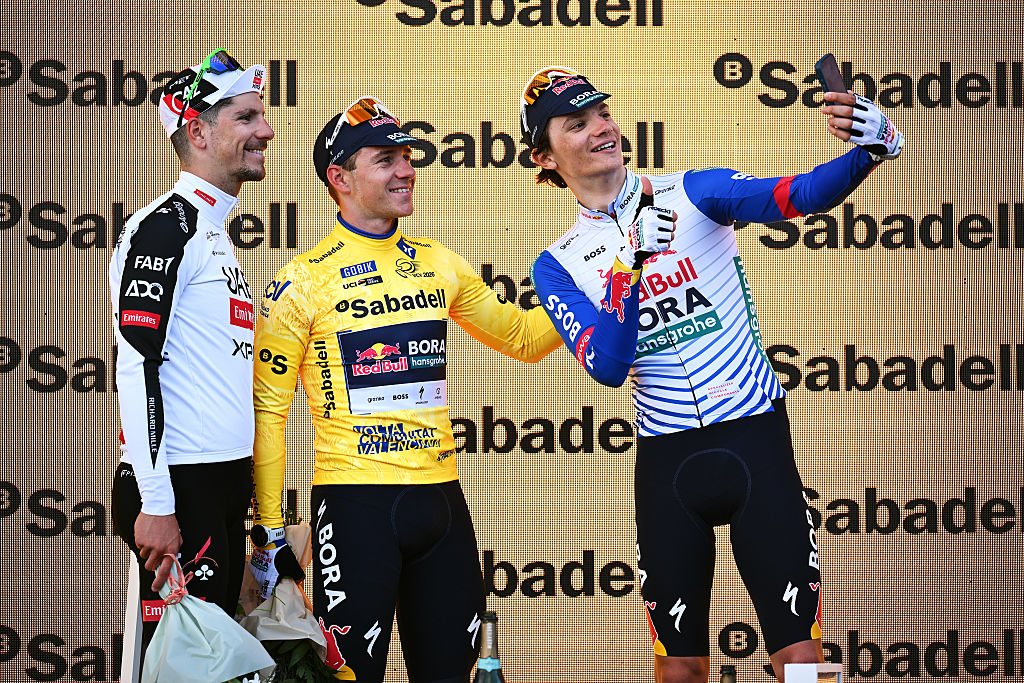UCI announces new anti-doping measures in wake of CIRC report
Cookson sets out new path
The latest race content, interviews, features, reviews and expert buying guides, direct to your inbox!
You are now subscribed
Your newsletter sign-up was successful


Following the release of the Cycling Independent Reform Commission (CIRC) report on the history of doping in cycling, the UCI has announced further anti-doping measures and recommendations to strengthen anti-doping and governance going forward. Some of the recommendations include improving the Athlete Biological Passport, night-time testing in special cases and relaunching a whistleblower program.
CIRC recommends retroactive testing, survey of doping
CIRC: No new doping admissions or proof of corruption in UCI
CIRC finds no proof of UCI corruption but questions linger over governance
CIRC suggests that doping has gone underground with micro-dosing and TUE abuse
CIRC uncovers serious weaknesses in UCI anti-doping strategy
Riis says Cookson needs to show he can lead after CIRC report
“I am absolutely determined to use the CIRC’s report to ensure that cycling continues the process of fully regaining the trust of fans, broadcasters and all the riders who compete clean,” said UCI President Brian Cookson. “We value the recommendations of the CIRC and have now established an internal task force to ensure the recommendations are properly followed up.”
The list of recommendations begins with strengthening the fit-and-proper-persons requirement in the team licensing process for staff, director and doctor positions.
The UCI also intends to work more with WADA on analyzing new substances and deciding on which new substances should be added to the banned substance list, and improving the speed of Athlete Biological Passport cases.
They are also committed to building the quality of the Cycling Anti-Doping Foundation’s (CADF) and recruiting an Intelligence Manager to work closely with civil and criminal authorities, and customs. Also, working with the CADF on a more robust and comprehensive re-testing strategy and encouraging night-time testing in special cases.
One of the glaring points made in the report was that the prevalence of doping in cycling today is unknown, whereby one interviewee suggested it was between 20 and 90 per cent. Therefore, the UCI has recommended working with anti-doping laboratories on conducting new studies into the prevalence of doping in the sport today.
Other measures and recommendations include sharing agreements with National Anti-Doping Agencies and relaunching a whistleblower program through an independent agency that would oblige riders and team staff to report anti-doping rule violations. They are also committed to building athlete education programs, and pushing for a better collaboration between WADA and the pharmaceutical industry.
The latest race content, interviews, features, reviews and expert buying guides, direct to your inbox!
Cookson also noted that the UCI has established a strict internal governance process so that the sport governing body’s president or administration can’t interfere with operational anti-doping matters.
The CIRC investigation found that today many athletes abuse the TUE process by seeking the exemption to use banned substances for performance -enhancing purposes. Therefore, Cookson said that the UCI has “reinvigorated our Therapeutic Use Exemption (TUE) Committee and now all TUE decisions must be unanimously approved by three members.
“This commitment goes beyond what is required by the International Standard for Therapeutic Use Exemptions (ISTUE).”
Cookson also said that the UCI has introduced sanctions on teams where two riders have been caught doping with in one year. In addition, the sanctions will include suspension and a fine of five per cent of the team’s budget. “Such sanctions go beyond the mandatory sanctions provided for by the World Anti-Doping Code,” Cookson said.
“I have ensured that more staffing and resources have been allocated to anti-doping than ever before. We have also worked with the professional teams and independent experts to establish clear new internal operational requirements for teams (the “cahier des charges”) to ensure that all riders are properly supported and supervised and that the necessary structures are in place to prevent riders doping.”
Other revamps to the governance measures include changes to the Ethics Commission, updating the UCI Constitution and improving transparency of the UCI elections.
“These significant measures, together with the developments I have announced today, show the absolute commitment I and my UCI colleagues have to ensure riders win clean and that the minority who choose to cheat are caught and face severe sanctions after fair and fast disciplinary proceedings in full respect of due process,” Cookson said.
“They also demonstrate that the UCI is now a very different organisation compared to even a few years ago and that we make sure lessons are learned and mistakes not repeated.
“As I predicted, the CIRC report made for uncomfortable reading but it is imperative that we do not shy away from tough decisions. We will continue to focus on rebuilding trust in our great sport that touches the lives of millions of people across the world, and I appeal to everyone in the sport to take their responsibilities at this pivotal moment.”

